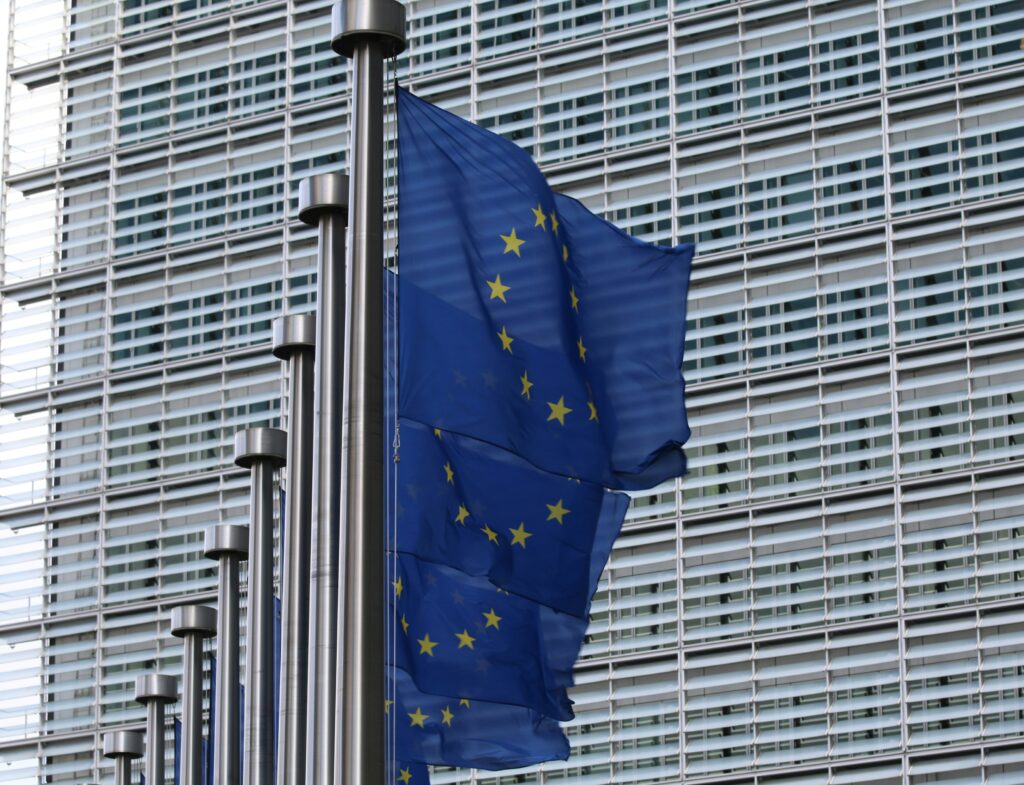GFA Interview Series: The Policy Pulse


We are pleased to introduce the inaugural edition of “The Policy Pulse” – a new format where we dive deep into discussions with some of the most relevant policymakers who are playing a key role in defining the future of the textile industry.

We are thrilled to feature Susana Solís Pérez, a distinguished Member of the European Parliament who has played a pivotal role in steering the European Union towards more sustainable and circular textile policies. Solís Pérez has been instrumental in the configuration of the European Parliament’s report on the European Strategy for Sustainable and Circular Textiles. Her efforts have also been crucial in the revision of the Waste Framework Directive, amongst others.
Europe has set ambitious sustainability goals with regulations such as the EU Strategy for Sustainable and Circular Textiles and the Review of the Waste Framework Directive. This shift from a throwaway culture to a circular one aims for more durable clothing with less environmental impact, by implementing an extended producer responsibility scheme, banning the destruction of unsold products, and evolving from a linear to a circular mindset.
In recent years, an immense number of high standard regulations and directives have been adopted, so many that it is challenging to keep track. We must focus now on helping our industries to implement these European policies. It is crucial to preserve European competitiveness and to ensure a fair playing field, especially when our international counterparts do not adhere to similar standards.
Working on the EU Strategy for Sustainable and Circular Textiles has underscored for me the need for ambitious yet pragmatic approaches to transform the textile industry from a linear to a circular model. This involves reducing environmental and social impacts, but also considering the international competition the industry faces, where pragmatism is crucial to determine feasible measures.